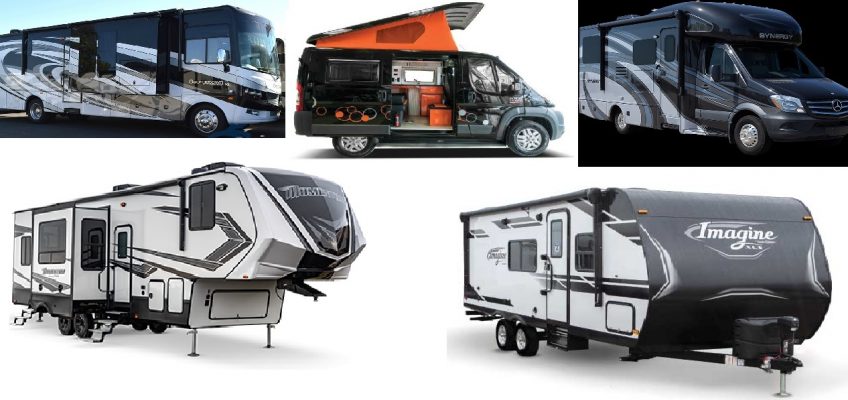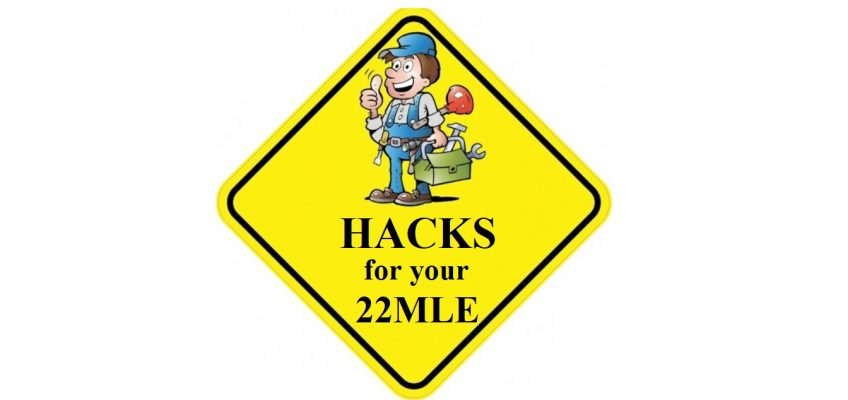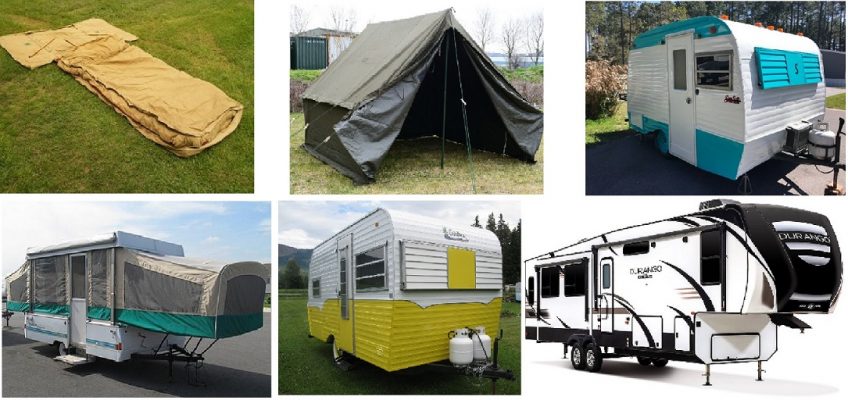What do we want in an RV?
Once we started giving it all serious consideration, we discussed the three options: motor home vs fifth wheel vs trailer. I pointed out the pros and cons of each that I was familiar with.
Motor homes:
Motor homes alone are a confusing item. You have to understand the differences in Class A, B and C.
Basically, Class A are the big monster rigs that look likes busses, Class B are simply vans on steroids (not a lot different from our old hippie vans), and Class C are built on heavy duty pick-up frames. We quickly ruled out Class A and B units.
The motor home is self contained and does not require a towing vehicle. (Pro)
It is an additional vehicle with a motor that requires regular engine maintenance and repairs. (Con)
The bathroom and living space is available while traveling. (Pro)
The front driving space is wasted while camping. (Con)
If it is large enough for comfort, you cannot always ‘drive it into town’ so you need other transportation. (Con)
For other transportation, you are talking about something small or something you tow. I had always thought a couple of mopeds/small motorcycles was the best answer but Sandi will never ride another motorbike due to an accident years ago. There is always the weather to deal with too.
The idea of a little car to tow leaves a few options.
- Buy a very small car and buy a giant toy hauler. This eliminates the towing issue. (Pro) but means a huge rig that eliminates sites in many state parks and elsewhere. (Con)
- Flat tow a car – hooks to the car with all four wheels on the road. There are only two vehicles this is recommended for as the transmission has to fully disengage for sensible flat towing. (Con)
- Use a dolly to tow a car. Small and less expensive. (Pro) You cannot back up AT ALL with your car on a dolly. (Con).
- Tow a car on a full-sized flat trailer. Saves wear and tear on the car and allows you to back up. (Pro) Is more expensive, and more work, plus has to be parked while camping. (Con)
All four involve the cost of an additional vehicle, if you want a smaller vehicle than you every-day car, license and insurance for the trailers and additional vehicle costs for a separate car. (Con)
We decided to rule out a motor home as we did not want the maintenance costs and extra costs of towing a car along with issue of needing a longer unit for camping comfort.
Fifth wheels.
To me, the fifth wheel is the best choice out there if you have a truck to pull it with. Due to the way it connects to the towing vehicle (the truck) at a point inside the wheelbase, it is a far more stable vehicle making towing it much easier. (BIG Pro)
The only tow vehicles you can use are pick-up trucks and mostly the bigger, more expensive ones and probably a diesel truck. (Pro/Con – depending on if you want a pick-up regardless of owning an RV). A Con for me as I prefer a comfortable sedan.
You also have to contend with the gooseneck in the truck bed (where the unit attaches). These can be heavy and you will need a lift mechanism in your garage to lift the gooseneck up out of the bed whenever you want to use your truck as a truck. (Con)
No need to tow a vehicle as you have your truck. (Pro)
Travel trailers.
The days of hooking the family sedan up to pull a trailer are pretty well gone. Modern day cars are smaller, have weaker engines, employ uni-body construction (no real frame underneath) and are lighter than the cars of the 50’s and 60’s. These all eliminate the vast majority of cars today to towing weights below 2000 pounds and many below 1200 pounds. With pop-up campers weighing in between 1000 – 2500 pounds empty, forget the common cars and vans!
However, there are several SUVs that can handle smaller lightweight trailers coming in under 7000 pounds.
Due to the way it connects to the far rear of the vehicle, it is much less stable than a fifth wheel. (Con)
If you use a truck, there is no gooseneck to deal with. (Pro)
You can have the comfort of a sedan or luxury SUV for a tow vehicle if you select a shorter – lightweight unit. (Pro)
No need to tow a vehicle. (Pro)


